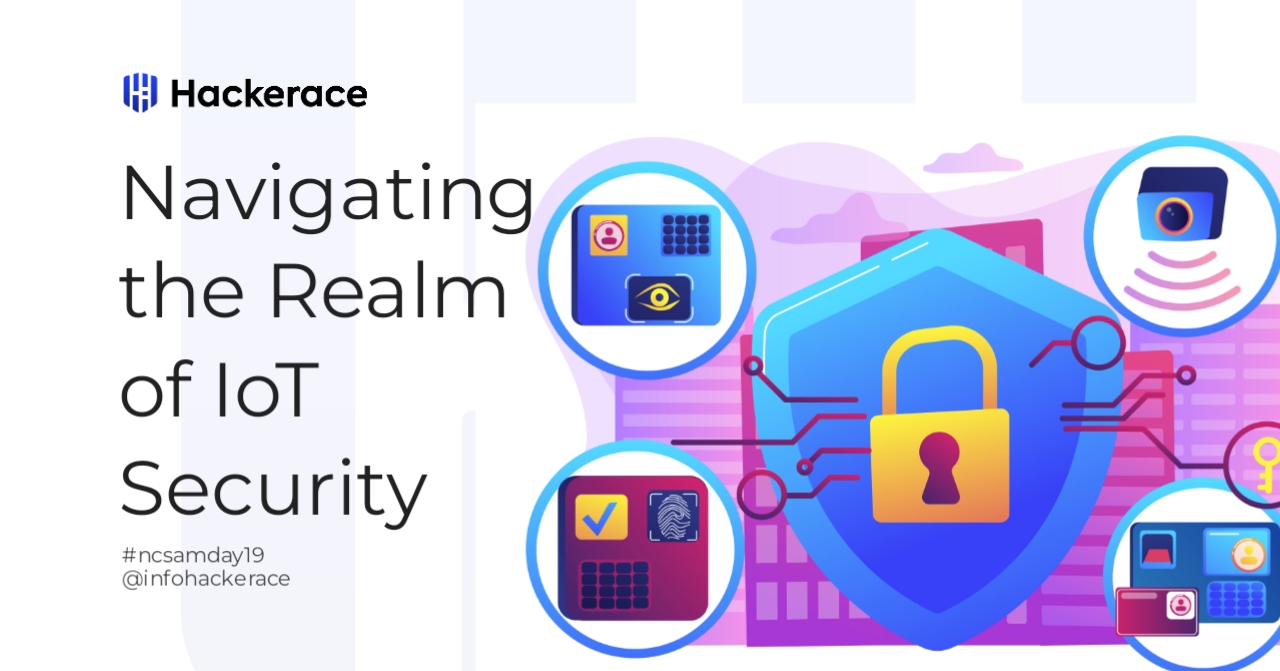Navigating the Realm of IoT Security
 Hackerace
Hackerace
The Internet of Things (IoT) is a technology that allows for the interconnection of different devices in an inert object thereby aiding communication between the devices and the cloud.
As much as IoT has rapidly changed the way we interact with technology in our daily lives and offers immense benefits, it is also safe to not neglect one’s security when interacting with them in the online space. Here are tips to ensure your security as an IoT user:
Device authentication
Always ensure that only devices that you trust and authorize can have access to your network.
Set up strong authentication mechanisms like biometrics to make sure no strange devices can join the network at will.
Encryption of Data
Incorporate the security of your data by encrypting them in transit and rest using protocols like TCP. This helps prevent data breaches and ensures sensitive information is not leaked or intercepted during network communication.Regular Update
Always ensure that your IoT devices are up to date. Patched (secured) device vulnerabilities keep you up to date with new security patterns and protocols.Set up strong Network security:
Put in place strong network security measures to limit breaches. Set up firewalls and VLANs to segment traffic.
Update your passwords regularly and create a virtual private network (VPN) to limit the access of unauthorized devices.
Data privacy
Always be mindful of the data you collect, store and share. This helps to ensure that personal information is not exploited and misused.Vendor Assessment
Ensure that third-party applications and software are well assessed, and their security is well trusted before using them on your IoT devices or services.Threat modeling
Perform threat-identifying activities to prevent structural vulnerabilities and threats that could by any means hurt your devices.Security Testing
Regularly conduct security testing to identify weaknesses in the IoT systems and devices. This ensures that devices are robust, and secure and helps in proactively identifying security breaches.User awareness and training
Be well-trained to identify and respond to security threats effectively.Physical security
Protect your devices from physical tampering, theft and even unauthorized access.Monitoring
Ensure to continuously monitor your IoT devices to detect unusual activity.
In conclusion, navigating IoT security requires incorporation of security measures into the development lifecycle and securing the supply chain of information in interconnected devices.
Subscribe to my newsletter
Read articles from Hackerace directly inside your inbox. Subscribe to the newsletter, and don't miss out.
Written by
